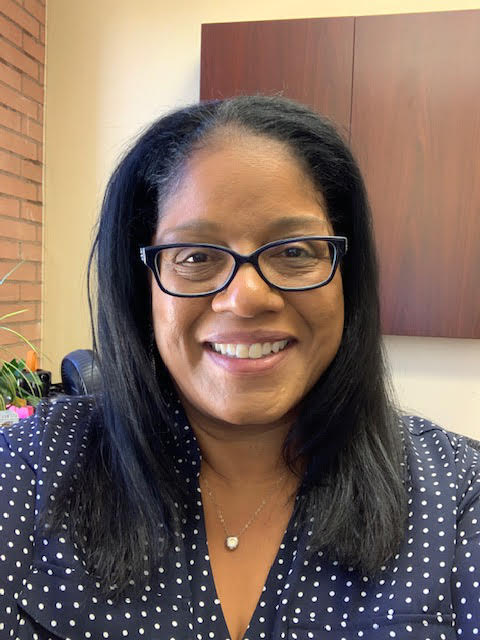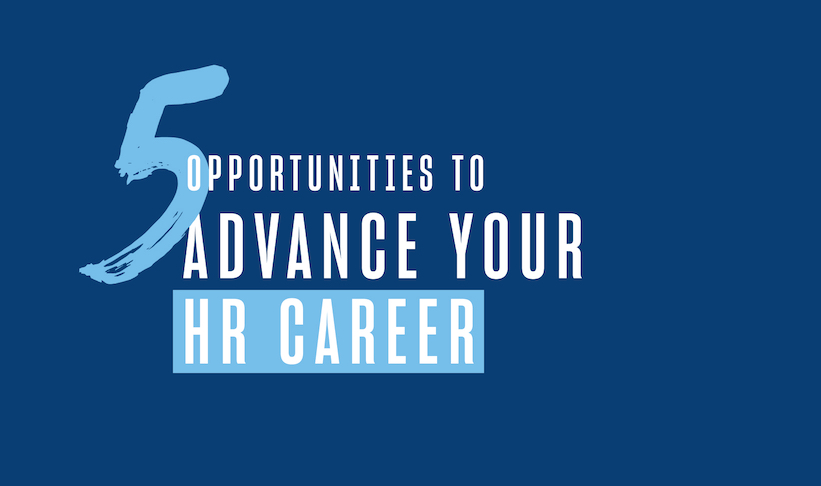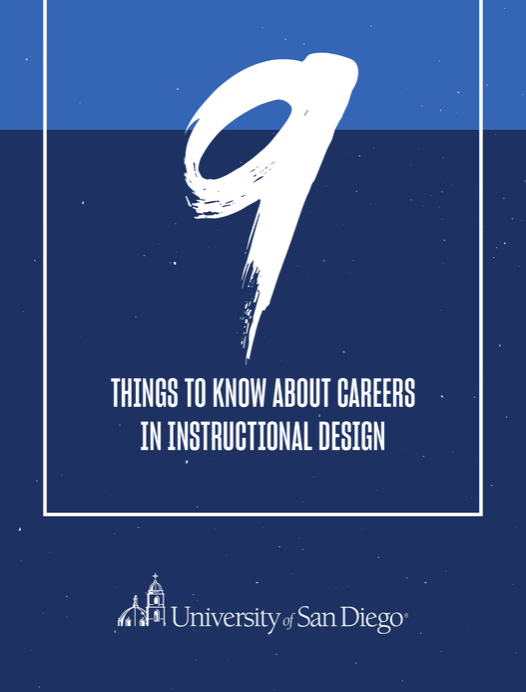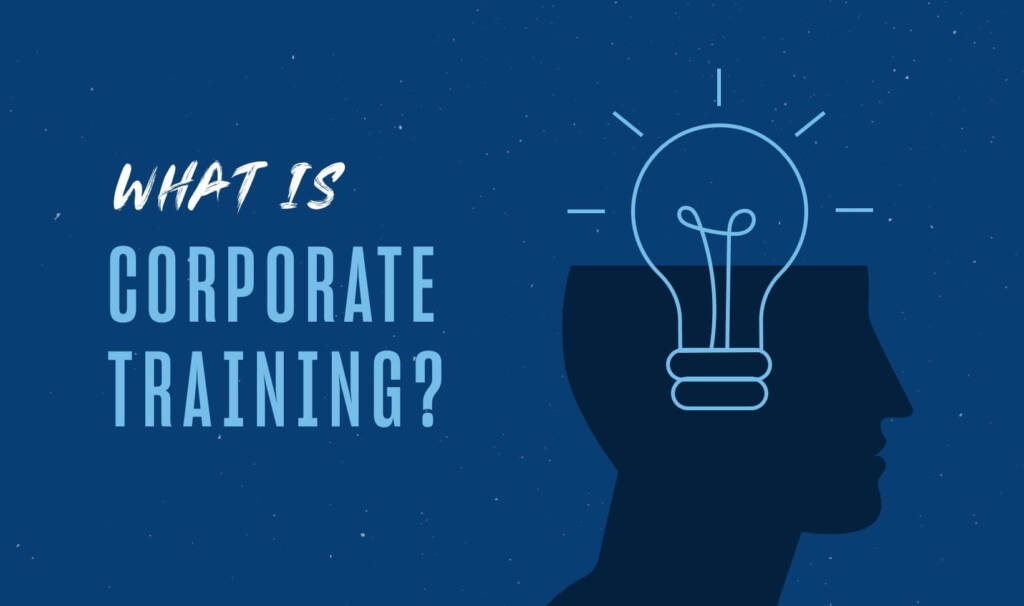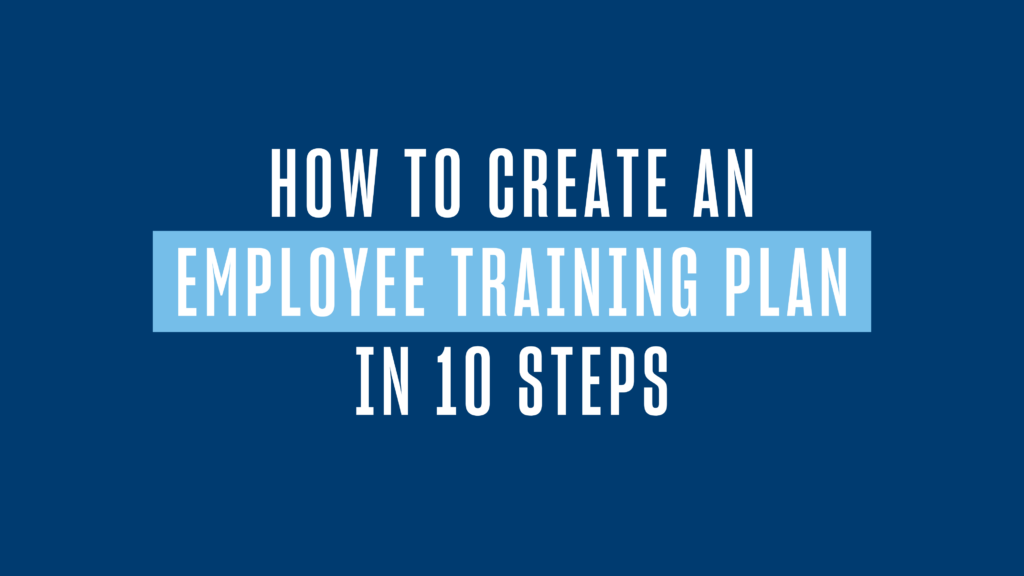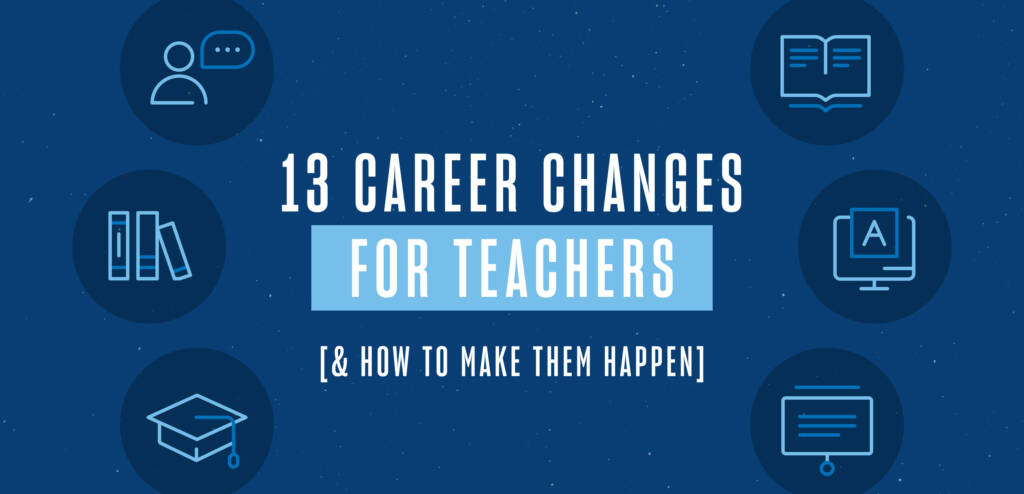Do you ever wonder what’s next for your career in human resources? Maybe you want to climb the HR career ladder, earn a higher salary, or challenge yourself by taking on a new specialization. No matter your professional development goals, the path to achieving them begins at the same starting point: determining your next steps.
Here, we discuss five different methods to level up your HR career.
Pursuing an HR Certificate
Getting certified is a great way to gain knowledge, demonstrate credibility in the field and set yourself apart from other candidates when going for a promotion or applying to new roles. Earning an HR certificate typically involves taking a course or passing an exam (depending on the program, sometimes both are necessary) and can take anywhere from a few weeks to almost a year to complete.
When it comes to selecting the right certification program, it’s important to be aware that some certifications require you to have several years of professional experience or a certain level of education in order to qualify as a candidate. While this might not be a limiting factor if you’re further along in your HR career, if you’re just starting out, you’ll need to pay close attention to application requirements.
Specializing in a Particular Area of HR
Another way to advance your HR career is to choose a specific area of the field in which to become an expert. On average, HR professionals with specialized areas of knowledge tend to earn higher salaries than generalists. Additionally, specialization can result in a more defined career path and increased demand in the job market.
There are several specializations that you could choose to pursue, including:
- Recruitment
- Training and development
- Compensation and benefits
If these areas interest you, your next step could be learning more about them through on-the-job experience and training or by enrolling in specially developed courses.
Becoming an Instructional Designer (ID)
In HR, instructional design involves creating employee learning experiences and training programs to address knowledge and skills gaps. It’s an instructional designer’s job to identify the root causes of these issues and develop solutions that meet training needs. Possible solutions include, but aren’t limited to, training initiatives, support plans, restructuring and reward programs.
If this problem-solving work interests you, you can take a couple of different paths to become an ID. Some IDs find themselves in the career by accident, having come from previous roles in training. On this path, learning is informal and typically includes taking advantage of online resources to learn skills. The other, more direct route is enrolling in a master’s degree program, such as the University of San Diego’s Master of Science in Learning Design and Technology.
Pursuing a Master’s Degree
Sometimes, the only step forward in your HR career development is returning to school. While a bachelor’s degree will suffice for most roles in the field, some higher-level opportunities — such as HR manager and director of HR — prefer or even require a master’s degree as a prerequisite.
Beyond qualifying for senior-level jobs, there are other reasons why earning a master’s in human resources is a good career move.
- It increases your earning potential. According to the Bureau of Labor Statistics, HR managers earn roughly $126,000 per year while HR specialists (a position that doesn’t require a master’s degree) make closer to $62,000 annually.
- It gives you authority. With an advanced degree comes equally advanced knowledge to make sound decisions and confidently defend them should the need arise.
- It can help you dive deeper into your chosen specialty. No matter what area of the field you want to focus on, the in-depth knowledge that a master’s degree provides can lead to a more complete understanding of your specialty.
Networking
In the corporate world, growing your network and advancing your career go hand-in-hand.
It matters who you choose to surround yourself with, and seeking a well-connected mentor or advice from experienced colleagues can make all the difference in your HR career development. Often, who you know is just as important as what you know, and the right connections can lead to job opportunities that you wouldn’t have access to otherwise.
Networking opportunities exist almost everywhere. You can connect with people organically, such as during your workday, while attending a conference or even over social media. You can also join professional organizations and attend their networking events. The good news is that there’s no right way to network; you can build your professional learning network according to your interests and personality.
Advance Your HR Career with USD
Growing your HR career doesn’t have to be complicated. Whether you decide to become an instructional designer, earn your master’s degree or pursue any of the avenues we covered here, you’ll be well on your way toward taking your career in HR to the next level.
Think instructional design could be the path for you? Download your copy of our free eBook, 9 Things to Know About Careers in Instructional Design, today! Or connect with an advisor to learn more about our Master of Science in Learning Design and Technology.
